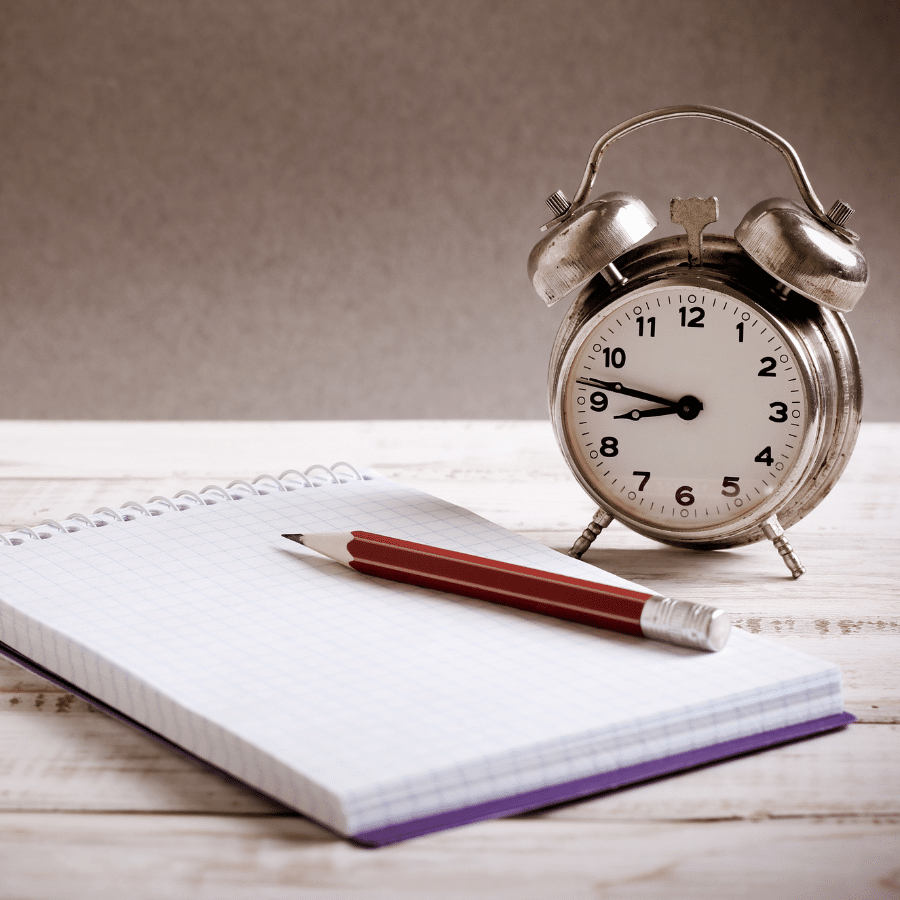Introduction
Exam season is the time of year when many students stress out and worry about their grades. If you’re in high school or college, then you know that exams are a huge part of your grade. You may want to do well on your exam so that you can get into a good college, or even just because you want to prove to yourself that you can do it! In any case, it’s important to be prepared for your exam. That means knowing what resources are available for studying, setting up an effective study schedule, and making sure that you learn everything before test day arrives. We’ve put together some tips on how to prepare yourself for success during this stressful time:Be Prepared
- Be prepared to focus on the exam.
- Be prepared to study for the exam.
- Be prepared to take the exam.
Gather Information Before the Exam
Before you take a test, there are a few things you can do to improve your chances of success. First and foremost, make sure that you understand what is expected of you. Read over the syllabus and check in with your professor or TA if necessary. Look at past exams as well as practice tests (if available). The more information about what kinds of questions have been asked in the past, the better prepared you will be when it comes time for an actual test.Set a Study Schedule
- Make a schedule that works for you. The most important thing is to set a study schedule that is realistic and sustainable, which means it should include time for breaks and sleep, as well as procrastination and social activities.
- Stick to your schedule! If you don’t stick with the plan you made, then what good did all that planning do? You’ll just end up wasting time trying to figure out what went wrong when it could have been avoided by sticking with your plan in the first place!
Create a Study Plan
- Create a study plan. It’s important to have a clear idea of how much time you need for each subject, so that you can schedule your study sessions appropriately.
- Schedule breaks and meals into the plan, as well as time for reviewing notes and practicing questions.
- Make sure that there are enough hours in the day for everything else–sleep, exercise or relaxation (if possible), socializing with friends or family members who are also preparing for exams–and remember that sometimes we need breaks from studying!
Set up a Study Space
- Set up a study space that is quiet, comfortable and free of distractions. You will be able to concentrate better if you are not worrying about the noise or other students in the library.
- Make sure your study area is set up in advance so you can just walk into it when it’s time to start studying. This way there’s no question of where things should go or what materials should be used for each task at hand; everything has been laid out beforehand so all that remains is for you to begin working on whatever task needs attention next!
Make Use of Your Resources
To help you manage your time, it’s important to make use of your school’s resources.- Your teacher’s office hours are a great place to ask questions and get extra help with your assignments. You’ll also learn more about how the class is run and what kind of standards are expected from students.
- If you have any classmates who seem like they know their stuff, talk to them! They may be able to provide some insight into what kinds of things will be on an exam or test before that particular exam/test even happens. And if nothing else, this gives you a chance for networking opportunities later on down the road when both parties find themselves at another university or organization (or simply working together again).
- If there are certain topics in which neither Google nor YouTube nor Wikipedia can help me understand better than my professor does during his lecture series then those topics go into my “Ignorance is Bliss” folder–which means I don’t have time for them right now because I need all my focus elsewhere!









